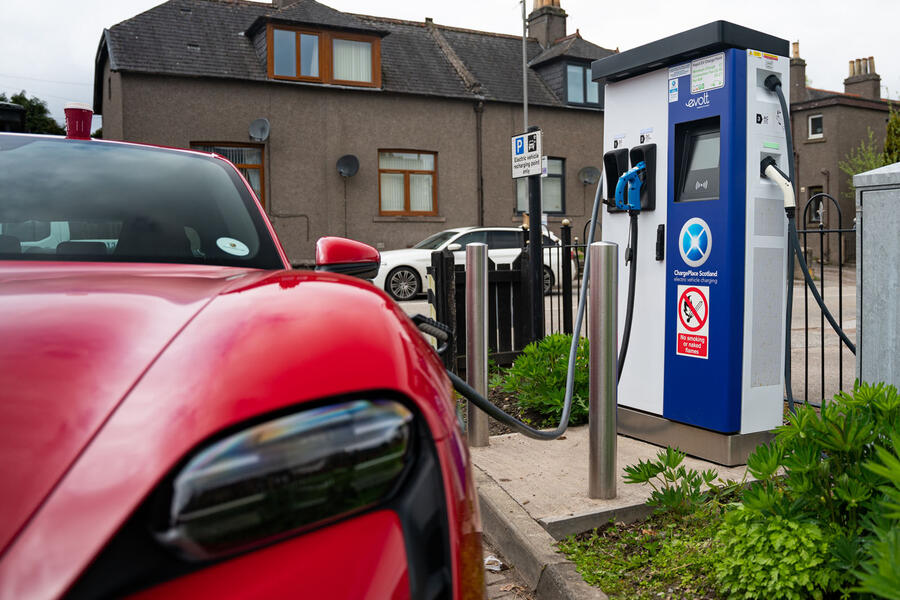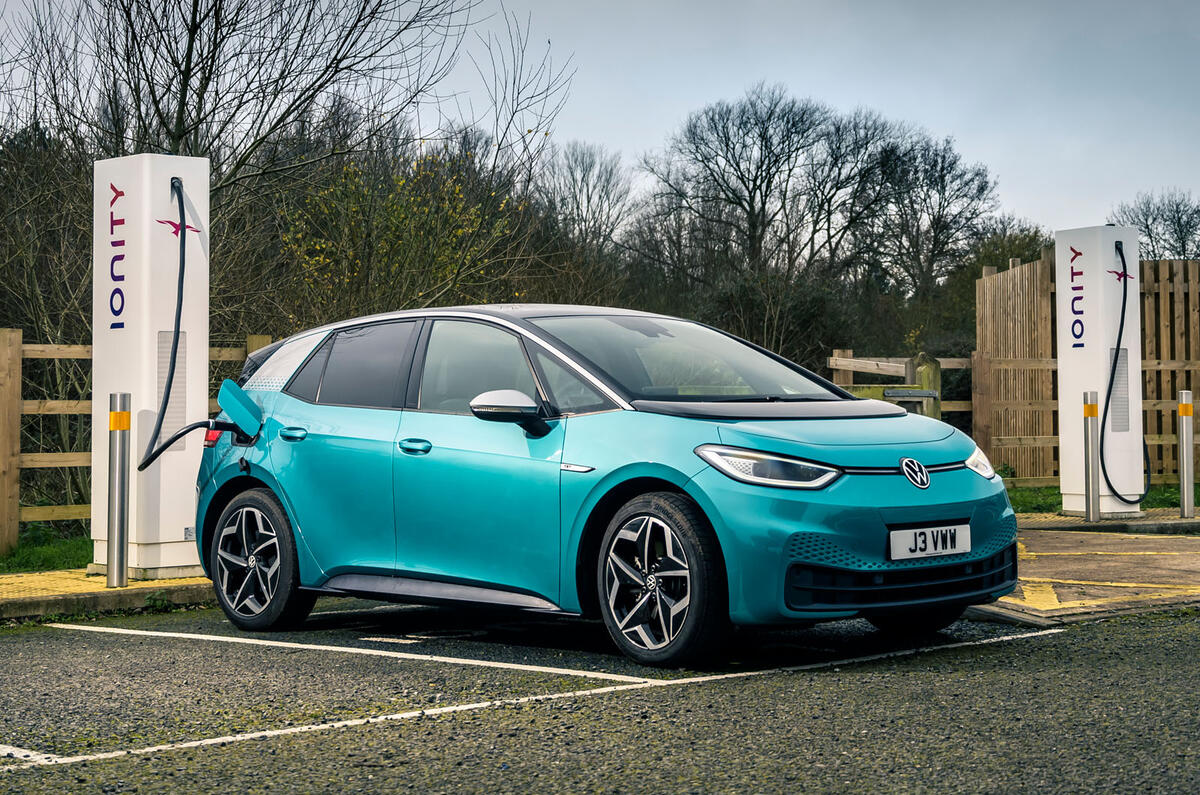Greater incentives are needed for private buyers to adopt electric cars as rapidly as businesses and fleets, according to the UK car industry’s body, the Society of Motor Manufacturers and Traders (SMMT).
In June, battery-electric car sales increased 39.4% compared with the same month a year ago, to 31,700 units. This rise in uptake was driven by the business and fleet markets, said the SMMT, which receive compelling financial incentives such as reduced benefit-in-kind tax rates.
Private buyers, on the other hand, have faced a series of cuts to incentives over the past few years. Most notably, the plug-in car grant – which in its final form provided a £1500 discount on an EV priced under £32,000 – was axed entirely in June 2022.
“More could be done by other stakeholders to make purchasing even more compelling,” said the SMMT. The trade body has called for a cut to VAT on public charging, noting that domestic electricity is levied a 5% rate, whereas public chargers use the standard 20% rate.
SMMT chief executive Mike Hawes said: “Most electric vehicle owners enjoy the convenience and cost saving of charging at home but those that do not have a driveway or designated parking space must pay four times as much in tax for the same amount of energy.
“This is unfair and risks delaying greater uptake, so cutting VAT on public EV charging will help make owning an EV fairer and attractive to even more people.”

Overall, 177,266 cars were sold in the UK during June, divided into 92,699 deliveries to fleets, 79,798 to private buyers and 4769 to businesses. This represents a 25.8% increase on the figure recorded in June 2022, reflecting the industry’s recovery from supply chain shortages caused by Covid-19.
Pure-petrol cars remained the most popular choice, accounting for 70,367 registrations – 39.7% of the market – followed by battery-electric vehicles (17.9%) and mild-hybrid petrol models (16.1%).
Diesel’s protracted decline continued, sales falling from 8003 in June 2022 to 6221 last month – a reduction of 22.3%, making the black pump’s market share just 3.5%.
The best-selling car was the Tesla Model Y, with 5539 registrations, followed by the Ford Puma (5453) and Vauxhall Corsa (4146).
Of the 949,420 cars sold in the UK during the first six months of the year – an 18.4% increase compared with the same point in 2022 – the Puma was most popular. It recorded 22,765 sales, followed by the Corsa (21,208) and the Nissan Qashqai (19,983).







Join the debate
Add your comment
Obviously not with nearly one in 5 new cars being a BEV. Overnight charging is still around 10p I think and lord knows where you get 15k price hike from, Leaf equivalent for 13.5k, good luck with that.
Hi interesting feature could have been even more informative if a breakdown was given of the 79,798 private buyers as to how many of those were Electric, Hybrid, Petrol or Diesel as a reflection of what private buyers were actually purchasing at present thanks.